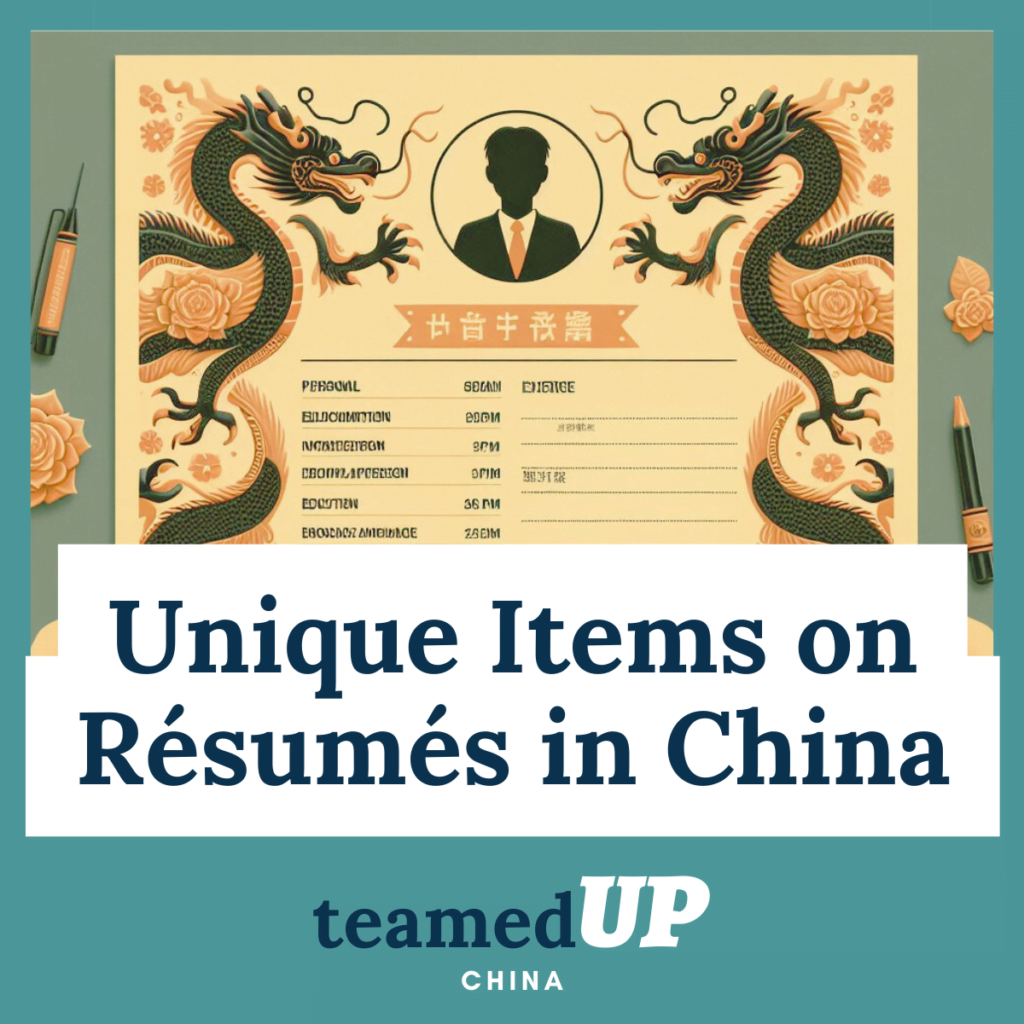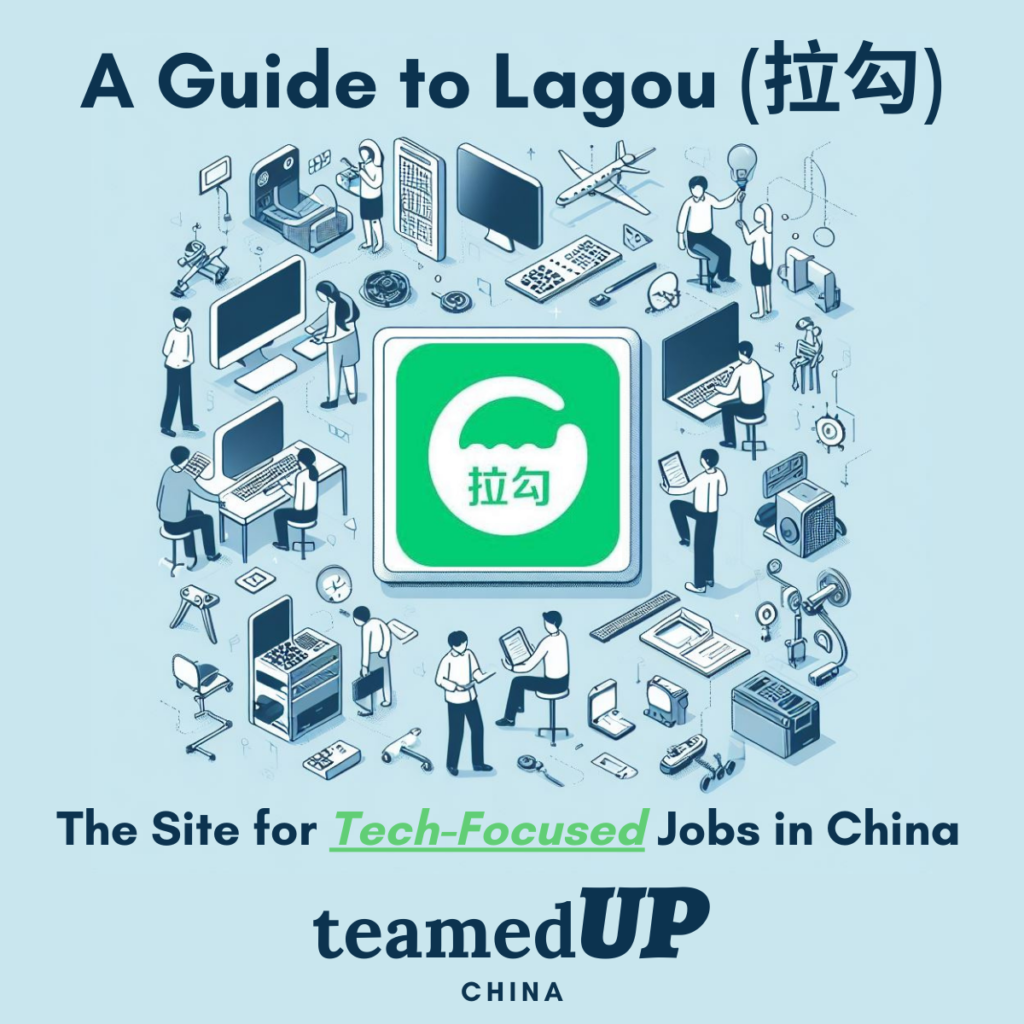Ganji (赶集网): A Look at the Giant Chinese Classifieds Platform
Ganji (赶集网 / Gǎnjí wǎng) is a giant classifieds platform in China that has gone through quite a successful journey. Since its founding in 2005, the firm grew to a valuation of over a billion $USD by 2015! While it may be easiest to first compare it to Craigslist in the US, you’ll soon see how it grew beyond that to become more like eBay, Handy, Zillow, and (now mostly) Indeed throughout the ride. In this article, we cover Ganji’s Company History, Service Offerings, Memorable Name, and Key Leader. Ganji (赶集网): Company History March 2005: Ganji.com website was officially launched. The team is based out of Beijing and prioritizes building the best online classifieds product in China. August 2007: Ganji sets up strategic partnership with Hong Kong media giant TOM Network. November 2008: Just a few years in, Ganji is selected as “Top 100 Domestic Commercial Websites” by the leading Chinese category magazine Internet Weekly. December 2009: The firm opens a sizeable Shanghai branch as both web traffic and headcount rise. 2009 statistics show that Ganji.com’s user stickiness (accounting for things like time spent on site and total pages viewed per user) is the best of China’s classified sites. January 2010: Ganji makes its first notable acquisition, purchasing tech communications firm 263.net. May 2010: Receives a joint investment of nearly US$20 million from Nokia Growth Partners Fund and Lanchi Venture Capital. Screenshots from the Ganji App around this time March 2011: ‘Ganji Group‘ is officially launched to capitalize on the massive trend in and uptick of group buying in China. May 2011: Receives a US$70 million investment from Capital Today and Sequoia Investment, setting a new fundraising record in China’s online classifieds competition. July 2011: New relationships! Services ‘Ganji Marriage’ and ‘Ganji Life 2.0’, featuring an online dating platform, were released. November 2011: Noteable service Mayi 蚂蚁短租 (Mǎyǐ duǎn zū) is launched to serve the short-term rental and homestay market in China. CEO Yang Haoyong regards Mayi (also referred to as ‘Ant Short-term Rental’ in English) as “Ganji’s second entrepreneurial project.” April 2012: Ganji launched Wowotuan (55tuan.com) as a dedicated group-buying e-commerce platform. The brand goes on to raise hundreds of millions in capital from investors like Goldman Sachs. As of 2024, the brand is focused on electronic/mobile payment and Point-of-sale (POS) services for merchants. One of WowoTuan’s modern merchant payment devices. February 2013: Ganji.com hit some big user numbers. During this time, the platform had an average of 2.35 million new posts per day, 21.69 million visitors per day, and 253.66 million page views per day. August 2014: Ganji’s total financing surpasses USD 200 million. CEO Yang Haoyong publicly states plans to take the company public in the United States in June 2015. Two of China’s largest classifieds sites join forces in 2015 April 2015: 58.com announced that the company would strategically invest in Ganji, in a deal valued at USD $1.15 billion. 58 acquired a 43.2% stake in Ganji for 34 million common shares (17 million ADSs) and US$412.2 million in cash. January 2022: 58.com announced that its now subsidiary ‘Ganji.com’ / ‘赶集网’ 更名“ will be renamed ‘Ganji Direct Recruitment’ / ‘赶集直招’ and that the platform will primarily focus on the recruitment and jobs market. Ganji (赶集网): Service Offerings As of 2022, Ganji is primarily focused on the first item of this list – Jobs! The other services on this list all started out under the Ganji brand umbrella, but have been either merged into an existing 58 Tongcheng brand or spun off to another brand name entirely. From the start, Ganji planned on offering a comprehensive online classifieds platform in China that offered a diverse range of services, not unlike Craigslist in the US. Here’s a breakdown of the main service categories offered across Ganji’s platform lifespan (2005-present): Job Listings: Ganji has a strong foundation as a posting platform for job seekers and employers. Users can browse job listings, post resumes, and connect with potential employers, similar in function to top international job sites like Indeed, Monster, and LinkedIn Jobs. As of 2022, the platform name has been changed to reflect the brand focus on this core competency: ‘Ganji Direct Recruitment’ / ‘赶集直招’ (Gǎnjí zhí zhāo). Real Estate Services: The Ganji platform used to include a large real estate section where users could find residential and commercial property listings for sale or rent. This has since been spun off into the Mayi and 58 Tongcheng brands. https://www.youtube.com/watch?v=R7L1EVifwFU 2014 Job & Real-Estate focused Ad spot for Ganji – featuring the Donkey mascot! 3. Second-hand Goods: Users could buy and sell used items, including electronics, furniture, clothing, and more. This service has been directed towards 58 Tongcheng’s primary goods market. 4. Local Services: Ganji facilitated the advertisement of various services – popularly local ones such as tutoring, home maintenance, cleaning, and event planning. This is also under the 58 Tongcheng brand now. 5. Automotive Listings: The platform featured another section for buying and selling vehicles, mostly second-hand used cars. 6. Group-buying Services: Ganji had a leg up on the competition when got in on the group-buying craze, as it already had millions of local service businesses signed up on its platform. The business was spun out into its own brand, Wowotuan, which now offers a number of services for local merchants. 7. Pets: In the advertisement below, ‘Find a pet’ (找宠物 Zhǎo chǒngwù) is displayed prominently on one of the bags. It seems that pets were a large part of the former Ganji platform, and likely now under the 58 brand in some way. Ganji Advertisement: “We’ve got it all!” (啥都有 Shà dōu yǒu) Ganji (赶集网): The Name The term ‘Ganji’ (赶集) in Chinese is commonly translated to English as ‘Go to market‘. The second part of the name in Chinese, 网 (wǎng) just means ‘web’ in the sense of the internet 🙂 The Ganji Founder: Mark Yang Haoyong (杨浩涌) The Ganji founder has been a key part of the firm’s direction and success over the years. At the end of December 2004, Yang had hustled up USD $100,000 from friends to start an online classifieds business. By March
Ganji (赶集网): A Look at the Giant Chinese Classifieds Platform Read More »









